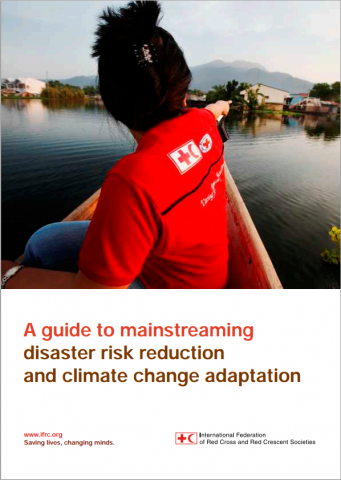Climate change adapation in Indonesia
The Indonesian Red Cross (Palang Merah Indonesia, PMI) is working with communities to help them understand the basic science of climate change and use this knowledge to adapt to the consequent changing weather and nature of disasters. PMI has listened to local concerns and as a result supports a community based risk reduction initiative to […]
Climate change adapation in Indonesia Read More »


